Large, solitary wasps known as cicadas killers can be frightening to come upon in your lawn or garden. Although they are usually not hostile to people, they can be an annoyance due to their size, buzzing habit, and stinging potential. When these wasps burrow to nest, they may sometimes leave behind unattractive holes in the ground.
You can find repel cicadas without using dangerous chemicals with number of environmentally safe techniques.
Other Topics You Might Like
Helpful Products You Might Like
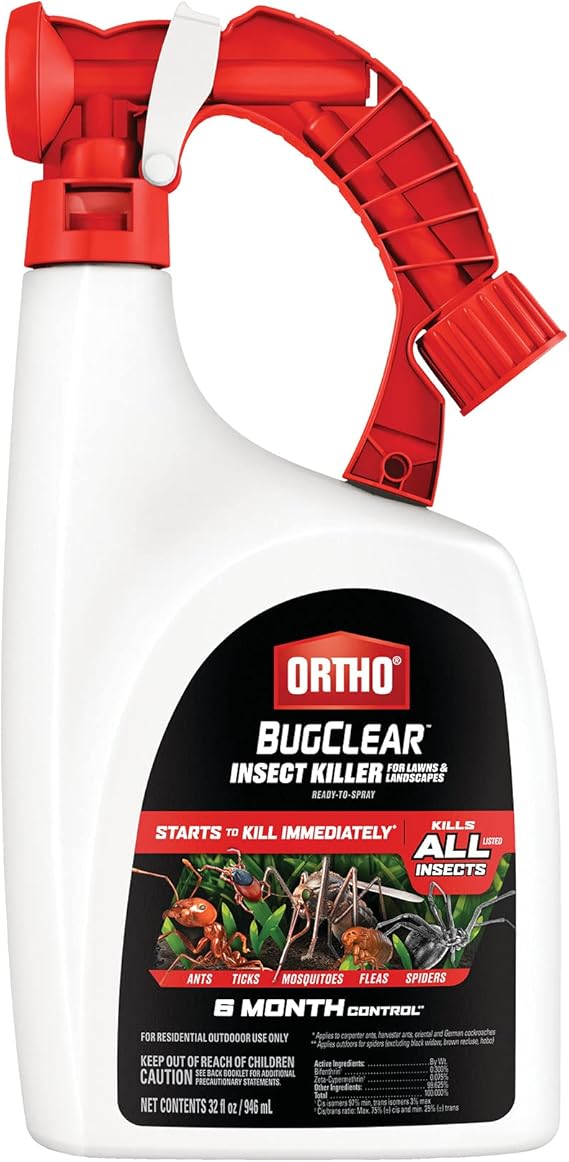
Ortho BugClear Insect Killer for Lawns & Garden
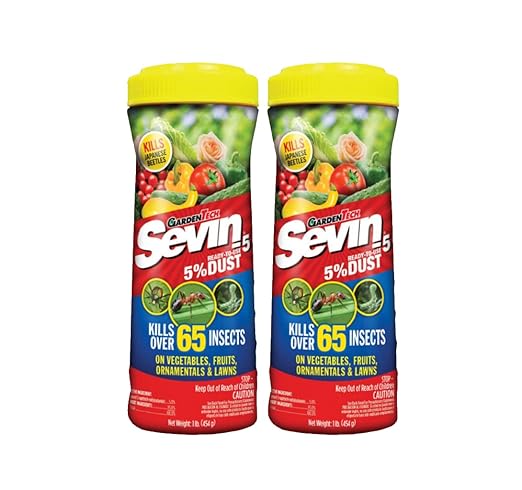
Garden Tech Sevin Dust
Bug Killer
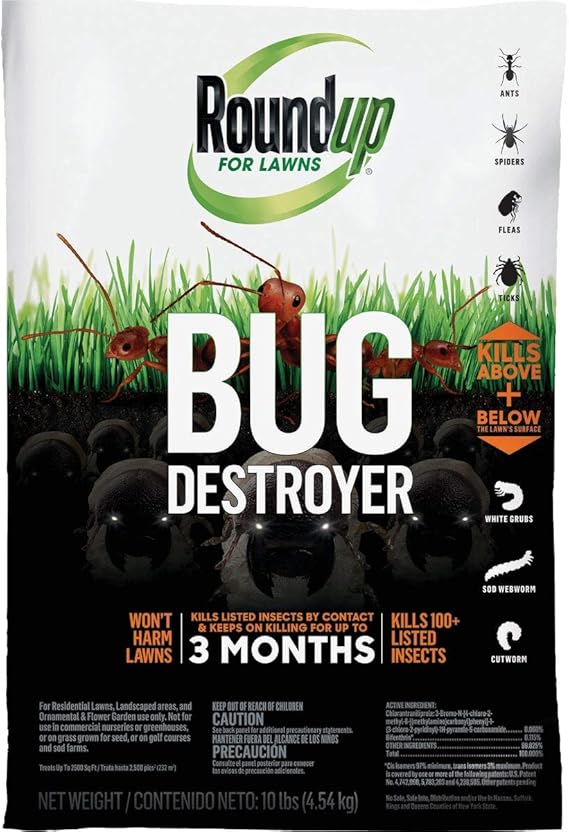
Roundup for Lawns Bug Destroyer
"(Paid Links)" 
Here’s how to get rid of cicada killers naturally
Maintain a Clean Lawn
Cicada killers make burrows in dry, well-drained soil. Keeping a healthy grass makes it less inviting to them. Regularly watering your grass keeps the soil moist and prevents wasps from nesting. Aerating your grass can improve soil drainage and reduce the areas where cicada killers may choose to dig.

Encourage Natural Predators
One of the most effective natural ways to control cicada killers is by encouraging the presence of natural predators. Some birds, like robins, crows, and starlings, like to eat wasps, including cicada killers. Planting natural trees and bushes that provide food and shelter helps encourage these helpful birds to visit your yard. Furthermore, you can encourage their presence in your yard by constructing a birdbath or providing birdhouses.
Skunks and certain species of ants may feast on cicada killers. If you live in a more wildlife-friendly region, these species can help keep the cicada killer population under control.
Use Essential Oils
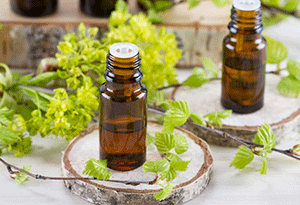
Essential oils are a natural and non-toxic way to repel cicada killers and other insects. Oils such as peppermint, eucalyptus, citronella, and tea tree oil are particularly effective in keeping wasps at bay. To make a natural repellent spray, mix a few drops of your chosen essential oil with water in a spray bottle. You can also add a teaspoon of dish soap to help the solution stick to surfaces. Spray this mixture around where you’ve noticed cicada killers, such as near their nests or burrows.
Create Barriers and Traps
Since cicadas usually build their nests in the ground, you can limit their access by erecting barriers around susceptible locations. For example, you can cover areas where cicada killers excavate using netting or fine mesh. To keep the wasps from digging beneath the mesh, it should be buried a few inches into the ground.
Creating a natural trap is another successful strategy.
Avoid Disturbing Nests
If you find a cicada killer nest, it’s important not to disturb it unnecessarily. Cicada killers are solitary wasps and typically won’t sting unless provoked. If you leave the nest alone, the wasps will likely move on once their life cycle is complete, as they don’t reuse old burrows. Patience is key in these situations.
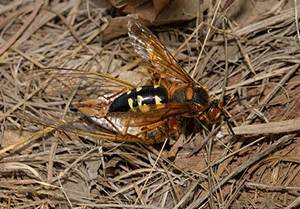
Use Diatomaceous Earth
Diatomaceous earth is a natural substance derived from fossilized algae that is safe for humans and pets but lethal to insects. When sprayed over cicada killer nests, it dehydrates the insects and eventually kills them. It is an effective, non-toxic method of controlling insect populations. Make sure to use food-grade diatomaceous earth and apply it in dry conditions since moisture can diminish its efficiency.
Mulch and Landscaping Adjustments
Cicada killers prefer dry, sandy soil for nesting, so modifying your landscaping could help repel them. Organic mulch, such as wood chips or bark, can make the ground less attractive to these wasps. Planting groundcovers or adding decorative stones can help change the soil texture, reducing the likelihood of cicada-killing activities.
